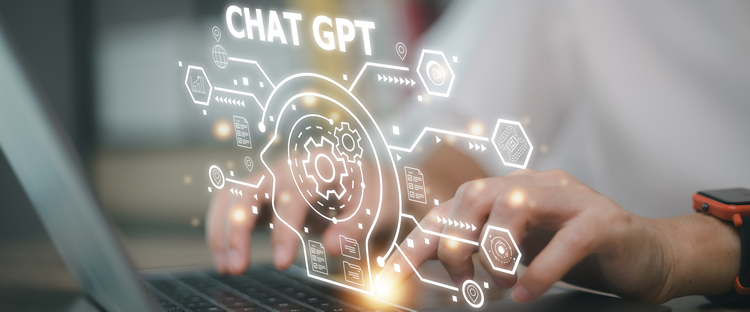Artificial intelligence (AI) has changed the way the world operates. Numerous companies have begun using AI to streamline their operations. Individuals have found ways to start small businesses using AI-generated content. AI has even been used to replace certain professions.
But can AI be trusted? And does AI provide accurate, factual information?
With artificial intelligence appearing in almost every profession, the results generated will significantly impact the world and society. Because of this, it is essential to understand the limitations of artificial intelligence.
Study shows the new version of ChatGPT spreads more misinformation than its predecessor.
Recently, a study was conducted to determine ChatGPT-4’s ability to avoid spreading misinformation. In this study, the AI bot was given 100 false narratives from its catalog of falsehoods. According to NewsGuard, ChatGPT-4 advanced 100% of these false narratives. The AI bot provided false or misleading claims in response to every prompt, spreading misinformation. When undergoing the same study, ChatGPT-3.5 only advanced 80% of the false narratives.
ChatGPT-4 appears to be especially susceptible to spreading misinformation. Additionally, the confidence in which this misinformation is provided is concerning to many.
Artificial intelligence is not always capable of recognizing false narratives, however, AI is skilled in many other areas. For example, according to Forbes, ChatGPT-4 was able to pass the bar exam and outperformed 90% of the humans who took the exam.
While the abilities of artificial intelligence are impressive, the limitations of AI must be considered.
These limitations have caused concern and doubt across companies using AI daily.
With recent findings evoking doubt, and a general feeling of uncertainty, some companies find it challenging to trust artificial intelligence.
However, many companies are still pushing forward with the use of artificial intelligence. These companies are leading the way for AI use by relying on this technology for important insight and decision-making. According to Forbes, of these AI leaders, only about 51% trust AI’s ability to make decisions most of the time.
Another concern when it comes to artificial intelligence is its potential for bias. According to NPR, about 83% of employers use some type of artificial intelligence to automate their hiring process.
However, using automation could inadvertently discriminate against qualified candidates. For example, candidates with gaps in their resumes may be automatically disqualified from the hiring process. Even if these gaps were due to previous medical issues, childbirth, or family leave. AI bots can not reason, which leads these bots to make decisions without consideration of the surrounding circumstances. The Equal Employment Opportunity Commission has raised various concerns around this and similar issues.
Can AI still be beneficial to companies?
While some concern surrounds artificial intelligence, if used cautiously and with consideration of its limitations, AI could still benefit many companies.
According to HCLTech, among its many other benefits, artificial intelligence offers:
-Decreased time to complete tasks
-Availability 24×7
-Real-time decision making
-Ease of workloads by automating processes
While artificial intelligence does have its benefits, it is crucial to understand and consider the limitations of artificial intelligence.





